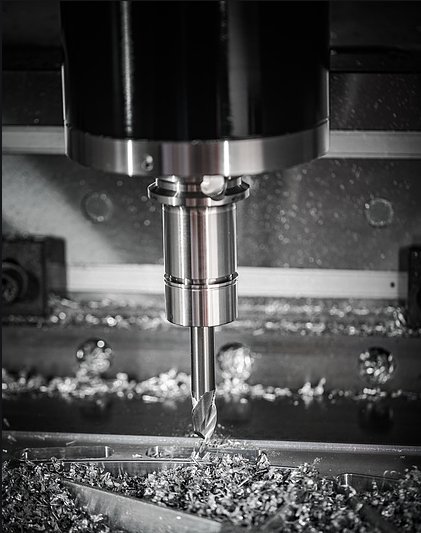Introduction
Electric motorcycles are gaining traction in the global market, offering an eco-friendly alternative to traditional gasoline-powered bikes. This shift towards electrification is not only changing the way motorcycles are powered but also significantly impacting the motorcycle products industry. This article examines the influence of electric motorcycles on the industry and the new opportunities and challenges they present.

Growing Popularity of Electric Motorcycles
Electric motorcycles are becoming increasingly popular due to their environmental benefits, lower operating costs, and advancements in battery technology. As governments and consumers push for cleaner transportation options, the demand for electric motorcycles is expected to rise. This shift is driving changes across the motorcycle products industry, from parts and accessories to maintenance and aftermarket services.
Changes in Motorcycle Components
Electric motorcycles differ fundamentally from their gasoline counterparts, leading to changes in key components. For instance, electric motorcycles do not require traditional engine parts such as carburetors, fuel tanks, or exhaust systems. Instead, they use electric motors, battery packs, and electronic control units.
This shift necessitates the development of new products and technologies. Manufacturers are focusing on designing lightweight, high-capacity batteries, efficient electric motors, and advanced electronic systems to enhance the performance and range of electric motorcycles. Additionally, the reduction in mechanical components simplifies maintenance and can lead to lower long-term costs for riders.
New Opportunities for Accessories and Gear
The rise of electric motorcycles is creating new opportunities for accessories and gear tailored to this market. For example, charging infrastructure and portable charging solutions are becoming crucial products. Companies are developing home charging stations, public charging networks, and portable chargers to address the needs of electric motorcycle riders.
Moreover, the quieter operation of electric motorcycles is influencing the design of riding gear. Helmets and clothing are being optimized for reduced noise levels, enhancing rider comfort. Additionally, the integration of smart technologies in gear, such as connected helmets and GPS-enabled apparel, is becoming more prevalent, catering to the tech-savvy electric motorcycle market.
Environmental and Sustainability Considerations
Electric motorcycles align with the growing emphasis on environmental sustainability. The production and use of electric motorcycles generate fewer emissions compared to gasoline-powered bikes. This shift is encouraging manufacturers to adopt sustainable practices, such as using recyclable materials and renewable energy sources in production.
Furthermore, the industry is exploring ways to recycle and repurpose batteries, which is crucial for minimizing environmental impact. Companies are investing in research to develop more sustainable battery technologies and recycling processes, contributing to a circular economy.

Challenges and Considerations
While electric motorcycles offer numerous benefits, they also present challenges. One of the primary concerns is the limited range and charging infrastructure. Developing widespread and efficient charging networks is essential to support the growth of electric motorcycles.
Additionally, the higher initial cost of electric motorcycles compared to traditional bikes can be a barrier for some consumers. However, as battery technology advances and economies of scale improve, prices are expected to become more competitive.
The industry also faces the challenge of educating consumers about the benefits and maintenance of electric motorcycles. Providing clear information and addressing misconceptions will be crucial for wider adoption.
Conclusion
The rise of electric motorcycles is transforming the motorcycle products industry, driving innovation and sustainability. From new components and accessories to environmentally friendly practices, the industry is adapting to meet the demands of this growing market. As technology continues to advance and infrastructure improves, electric motorcycles are poised to play a significant role in the future of transportation.

